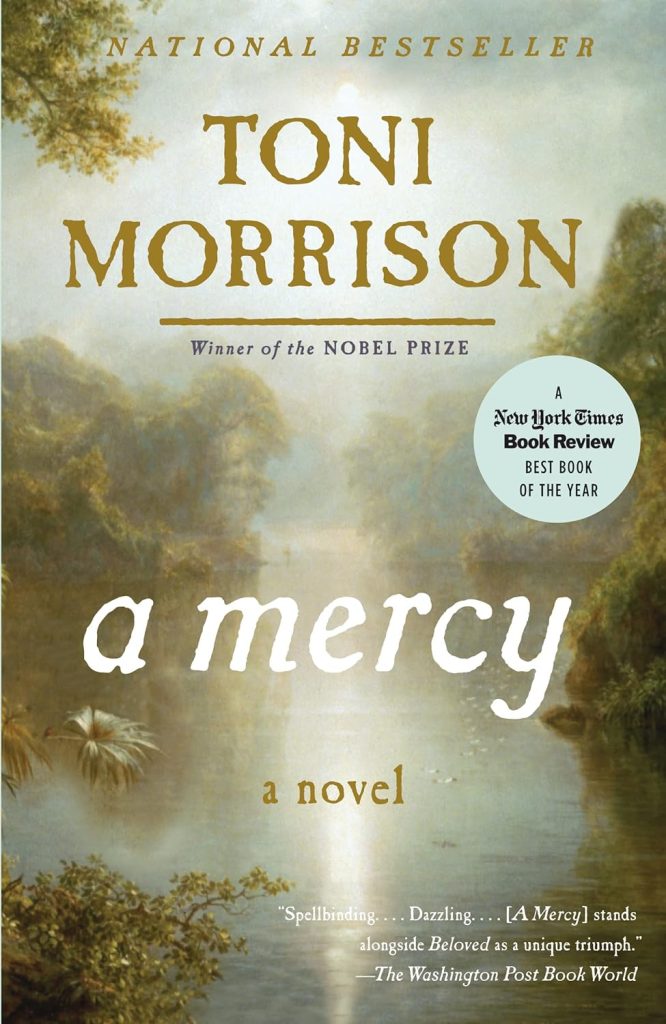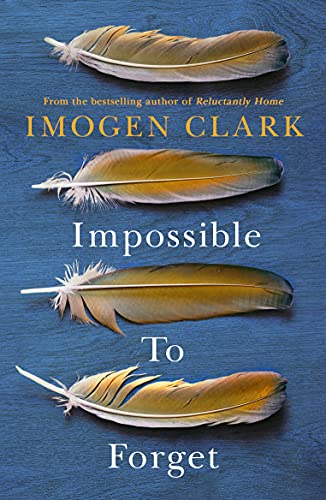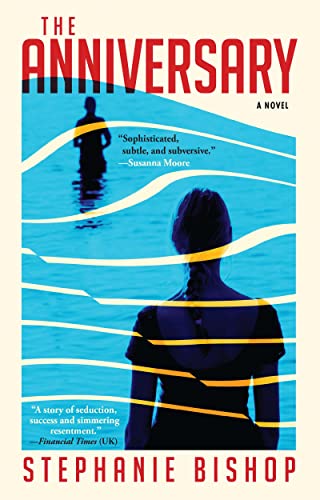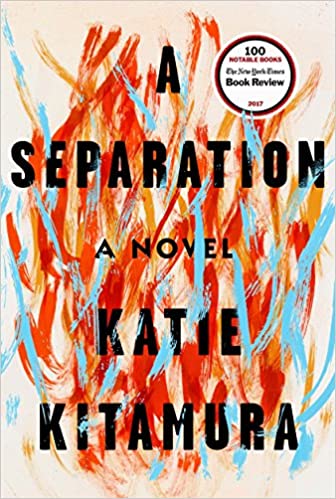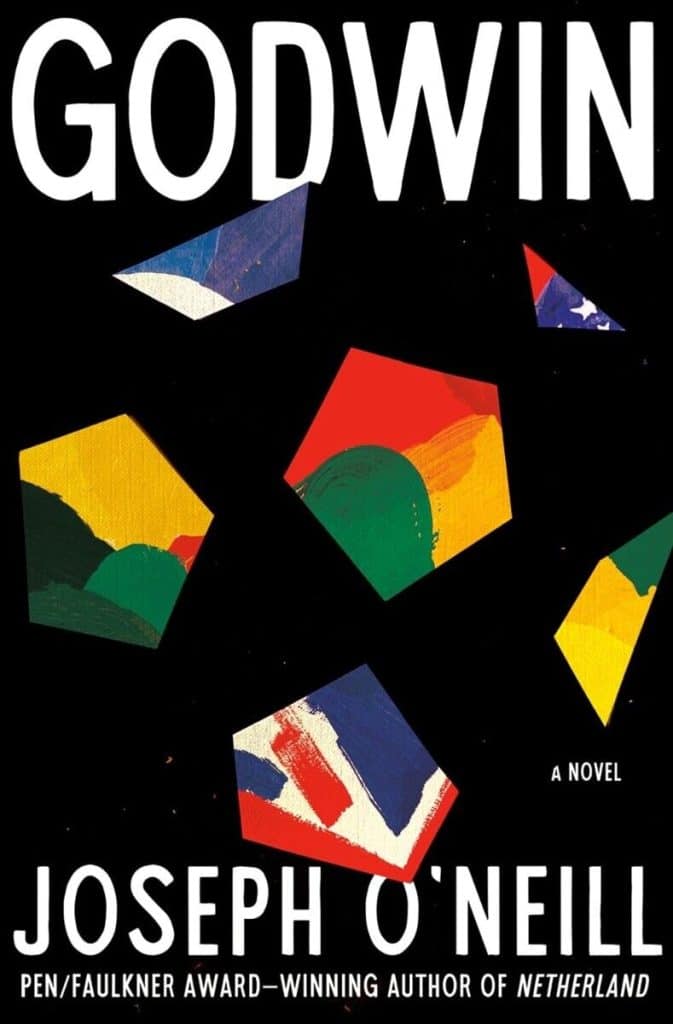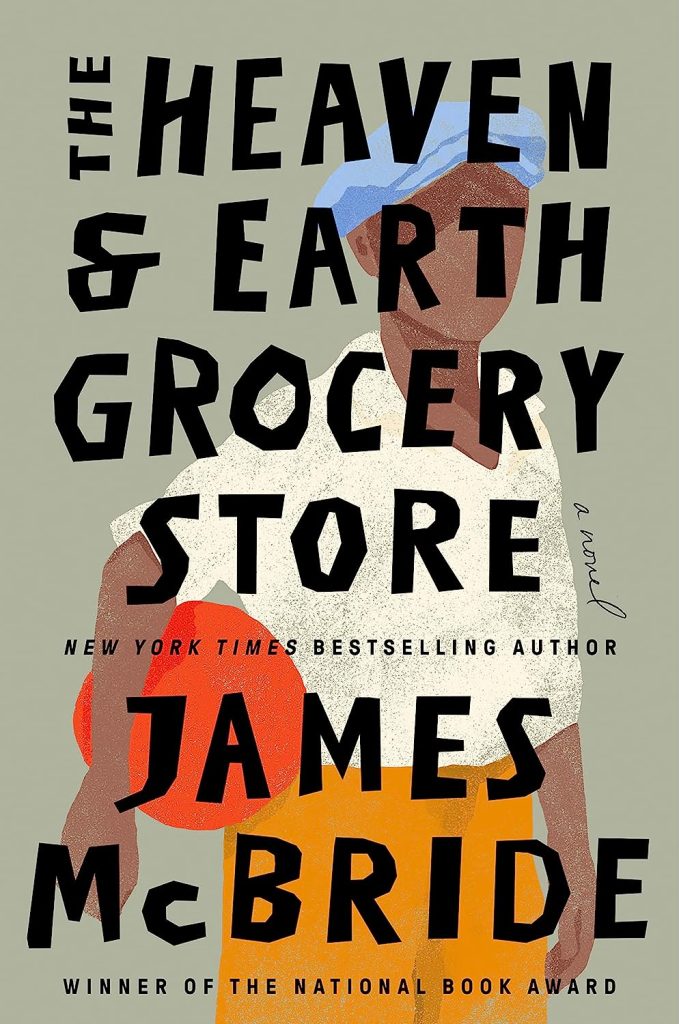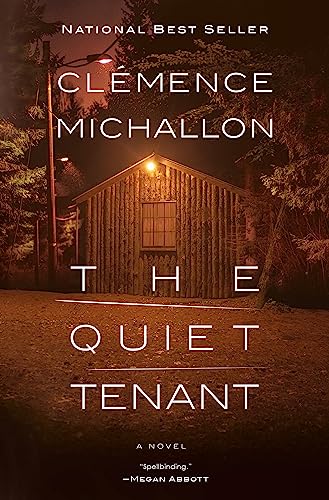
The Quiet Tenant
Estimated reading time: 1 minute, 59 secondsToday, I commenced reading The Quiet Tenant by Clémence Michallon. It is not my typical genre, as it is a pulse-pounding psychological thriller about a serial killer narrated by those closest to him: his 13-year-old daughter, his girlfriend—and the one victim he has spared.
Aidan Thomas is a hard-working family man and a somewhat beloved figure in the small upstate New York town where he lives. He’s the man who always lends a hand and has a good word for everyone. But Aidan has a dark secret he’s been keeping from everyone in town and those closest to him. He’s a kidnapper and serial killer. Aidan has murdered eight women, and there’s a ninth he has earmarked for death: Rachel, imprisoned in a backyard shed, fearing for her life.
When Aidan’s wife dies, he and his thirteen-year-old daughter Cecilia are forced to move. Aidan has no choice but to bring Rachel along, introducing her to Cecilia as a “family friend“ who needs a place to stay. Aidan is betting on Rachel, after five years of captivity, being too brainwashed and fearful to attempt to escape. But Rachel is a fighter and survivor and recognizes Cecilia might be the lifeline she has waited for all these years. As Rachel tests the boundaries of her new living situation, she begins to form a tenuous connection with Cecilia. And when Emily, a local restaurant owner, develops a crush on the handsome widower, she finds herself drawn into Rachel and Cecilia’s orbit, dangerously close to discovering Aidan’s secret.
Told through the perspectives of Rachel, Cecilia, and Emily, The Quiet Tenant explores the psychological impact of Aidan’s crimes on the women in his life—and the bonds between those women that give them the strength to fight back. A searing thriller and an astute study of trauma, survival, and power dynamics, The Quiet Tenant is an electrifying debut thriller by a significant talent.
The Jan Lilien Education Fund sponsors ongoing sustainability and environmental awareness programs. Gifts made this month; I will match dollar-for-dollar. All donations are tax-deductible.
I receive a commission when you buy a book or product using a link on this page. Thank you for supporting Sharing Jan’s Love blog.


